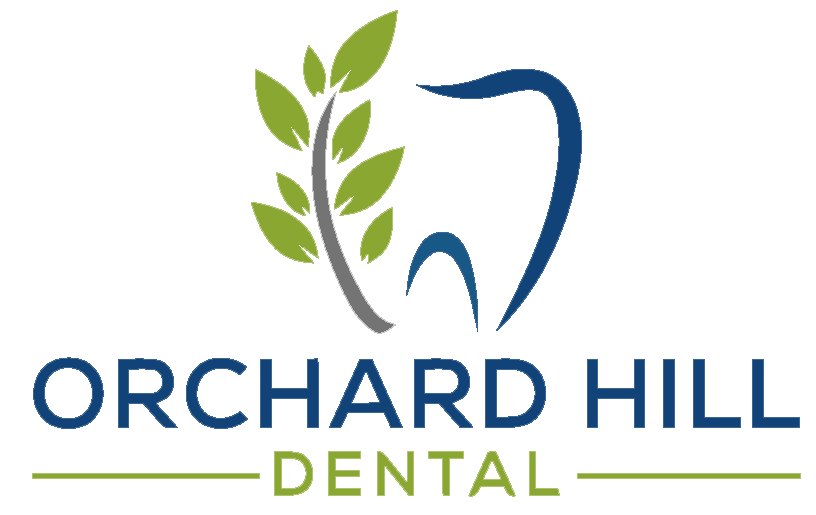Cosmetic bonding is a fantastic way to enhance your smile. It can correct minor imperfections, such as chips, gaps, or staining. For many patients, it is a quick, painless way to improve your smile. Cosmetic bonding involves applying a tooth-colored resin to your teeth, shaping and polishing it to perfection. While it’s a durable solution, certain behaviors and dietary choices can impact its longevity.
However, maintaining the longevity of your bonded teeth requires a bit of TLC. There are certain things you should and shouldn’t do to keep your bonded smile healthy. With the right routine, you can extend the life of your cosmetic bonding.

Behaviors to Avoid
Dental resin is not the same as your tooth enamel. While it can protect your teeth, it is still able to chip or break with the right behavior.
Chewing on Hard Objects:
Cosmetic bonding may be resilient, but it’s not invincible. Avoid chewing on ice, pens, or hard candies to prevent unnecessary stress on the bonded areas.
Biting Fingernails or Opening Packages:
These habits can lead to chipped or cracked bonding. Make it a point to use appropriate tools for these tasks and spare your smile from potential damage.
Teeth Grinding (Bruxism):
If you’re a night grinder, consider using a mouthguard to protect your bonded teeth. Grinding can weaken the bonding material over time, compromising its durability.
Foods and Drinks to Steer Clear of
Dental resin is not like porcelain. It can stain with certain foods and drinks. As a result, you should avoid them to keep your smile bright.
Staining Agents:
Dark beverages like coffee, red wine, and tea can stain the bonding resin. If you can’t resist these delights, moderate your consumption and rinse your mouth afterward.
Highly Pigmented Foods:
Certain foods like berries or tomato-based sauces can also contribute to staining. Enjoy them in moderation and maintain good oral hygiene practices to counteract potential discoloration.
Acidic Foods:
Acidic foods and drinks, such as citrus fruits and sodas, can weaken the bonding material over time. Limit your intake and always rinse your mouth with water afterward to neutralize acids.
Practical Tips for Long-lasting Cosmetic Bonding
On top of avoiding certain actions and daily delights, you can take an active role in protecting your teeth.
Regular Dental Check-ups:
Schedule regular dental visits to ensure your bonded teeth are in top-notch condition. Your dentist can identify any issues early on and provide timely solutions. Additionally, they can provide maintenance if your cosmetic bonding is wearing thin or breaking.
Maintain Excellent Oral Hygiene:
Brush and floss regularly to prevent plaque buildup around the bonded areas. Good oral hygiene is crucial for the overall health of your teeth and the success of cosmetic bonding.
Avoid Smoking:
Smoking not only stains teeth but can also compromise the integrity of cosmetic bonding. Quitting smoking is not only beneficial for your overall health but also for the longevity of your bonded smile.
